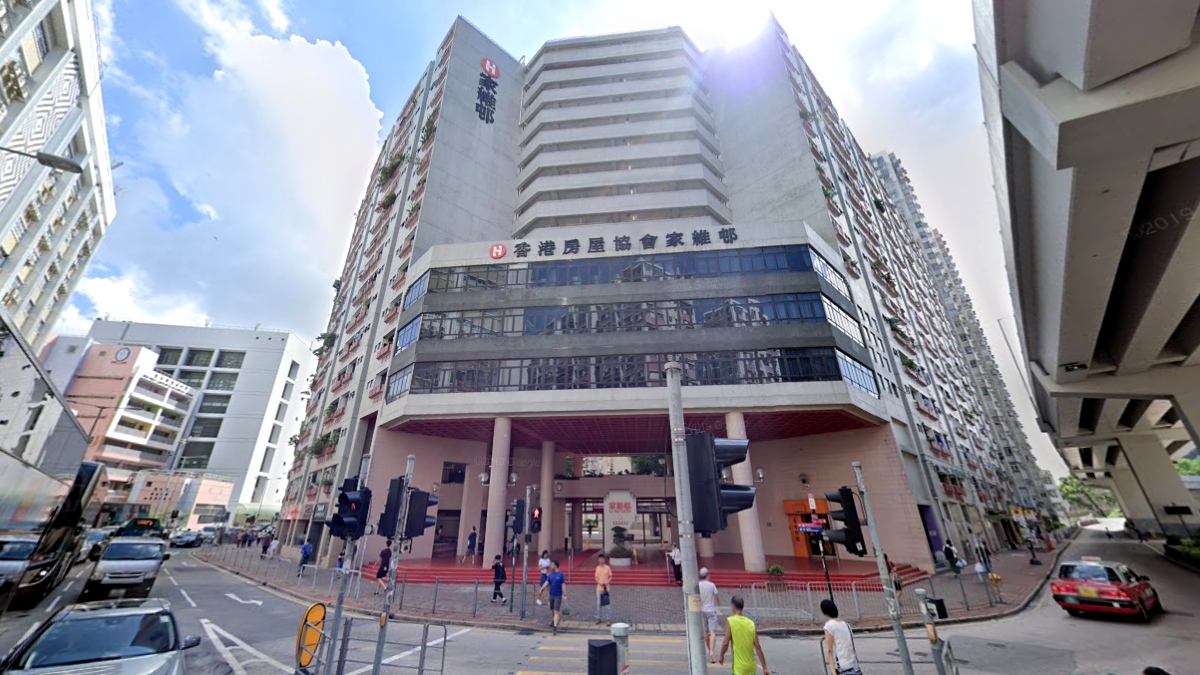[ad_1]
Large-scale operations that locked down 200 buildings in Hong Kong have been criticized by medical experts for failing to cut off all virus transmission.
Since January 23, the government has deployed 12,000 officers to lock down 26 areas for mandatory virus tests, at a total cost of HK$6 million (US$733,922). Only 20 patients, or 0.08% of the 25,000 tested people, were identified.
In the peak of the “fourth-wave†between November 15 and December 19, a total of 19 community testing centers provided voluntary tests for more than 308,000 people, of which 514 samples, or 0.17%, tested positive, according to the Hong Kong government website.
On February 1, the government set a 10-day target to stop virus transmission in the city. A mandatory test notice would be issued to a residential building if at least one confirmed case had been found there in the previous 14 days, or where no confirmed case was found but sewage was constantly testing positive.
Chief Secretary Matthew Cheung said last week that the government would lock down many more areas for mandatory tests to find asymptomatic patients between February 1 and 10. He said the government was confident and determined to stop the virus transmission in the city.
Leung Chi-chiu, chairman of the Medical Association’s advisory committee on communicable diseases, said the lockdowns did not completely cut off the virus transmission in the territory as the 20 patients identified in the operations only accounted for 3% of the 648 local cases reported between January 24 and February 10. Leung said some patients tested negative during the lockdown but then turned positive.
Ho Pak-leung, head of the University of Hong Kong’s Center for Infection, said the lockdowns did not help much in controlling the epidemic as most of them were done a week after a patient was identified. Ho said it was not very meaningful to seal off a building after some samples from sewage pipelines tested positive. He said a patient who was infected initially might not have coronavirus in his feces while a recovered Covid patient’s faces could test positive.
Over the past two months, 176 recovered patients had tested positive, according to data compiled by the Apple Daily. These patients were discharged from hospital within three days as only antibodies, not the virus, were found in their bodies.
Joseph Tsang Kay-yan, a specialist in infectious disease, said a patient’s IgG antibodies would reach a detectable level three weeks after the infection. Tsang said the 176 patients could have spread the virus to different areas before they were found out by mandatory tests. He added that a lockdown should be done immediately after a patient was identified while contact tracing should be expanded.
Andy Yu Tak-po, a Yau Tsim Mong district councillor, said the recent lockdowns in 26 areas were purely “political shows†and reflected that the government’s reactions in the fourth-wave was slow. Yu said many residents had been disturbed by the lockdowns in the past two weeks.
However, Caspar Tsui Ying-wai, the Secretary for Home Affairs, said the recent lockdown measures were successful as the average number of daily cases had decreased by 65% to 26 in the week ended Wednesday from 75 in the week ended January 24. He said untraceable cases fell by 75% during the period. He added that some people politicized the issue by criticizing the lockdown measures.
Sophia Chan, the Secretary for Food and Health, said as the number of infections continued to decrease, the government would ease some of the social-distancing rules after the Chinese New Year holiday. She said restaurants would be allowed to extend their dine-in services till 10pm and seat up to four people per table.
Also, all indoor and outdoor sports venues, gyms, beauty and massage parlours, theme parks, museums, performance arts venues, cinemas, bowling and billiard centres, ice-skating rinks and game arcades would be allowed to reopen on February 18, the seventh day of the Lunar New Year.
These establishments will have to comply with additional infection-control measures and put in place ventilation facilities. All staff will have to be tested for Covid every 14 days, and patrons will have to use the LeaveHomeSafe tracing app or have their personal information recorded.
“As far as enforcement is concerned, the relevant licence provider, bureau, would be responsible for the enforcement, plus all the authorised offices, and we would of course check the compliance of the LeaveHomeSafe app and also do enforcement appropriately,†Chan said.
The Center for Health Protection said 21 cases, four imported and 17 local infections, were recorded on Wednesday. Of the local cases, seven were untraceable. More than 10 people tested positive preliminarily on Thursday.
On Monday, a 84-year-old Hong Kong man fainted at home in Ka Wai Chuen in Hung Hom and was sent to the Queen Elizabeth Hospital. He was not tested for the virus and died the same day. On Wednesday, a domestic worker who worked for the man tested positive preliminarily. The coronavirus, plus antibodies, was also found in the man’s corpse.
As of Thursday, 10,732 Covid-19 patients have been identified in Hong Kong, of whom 190 have died.
[ad_2]
Source link














